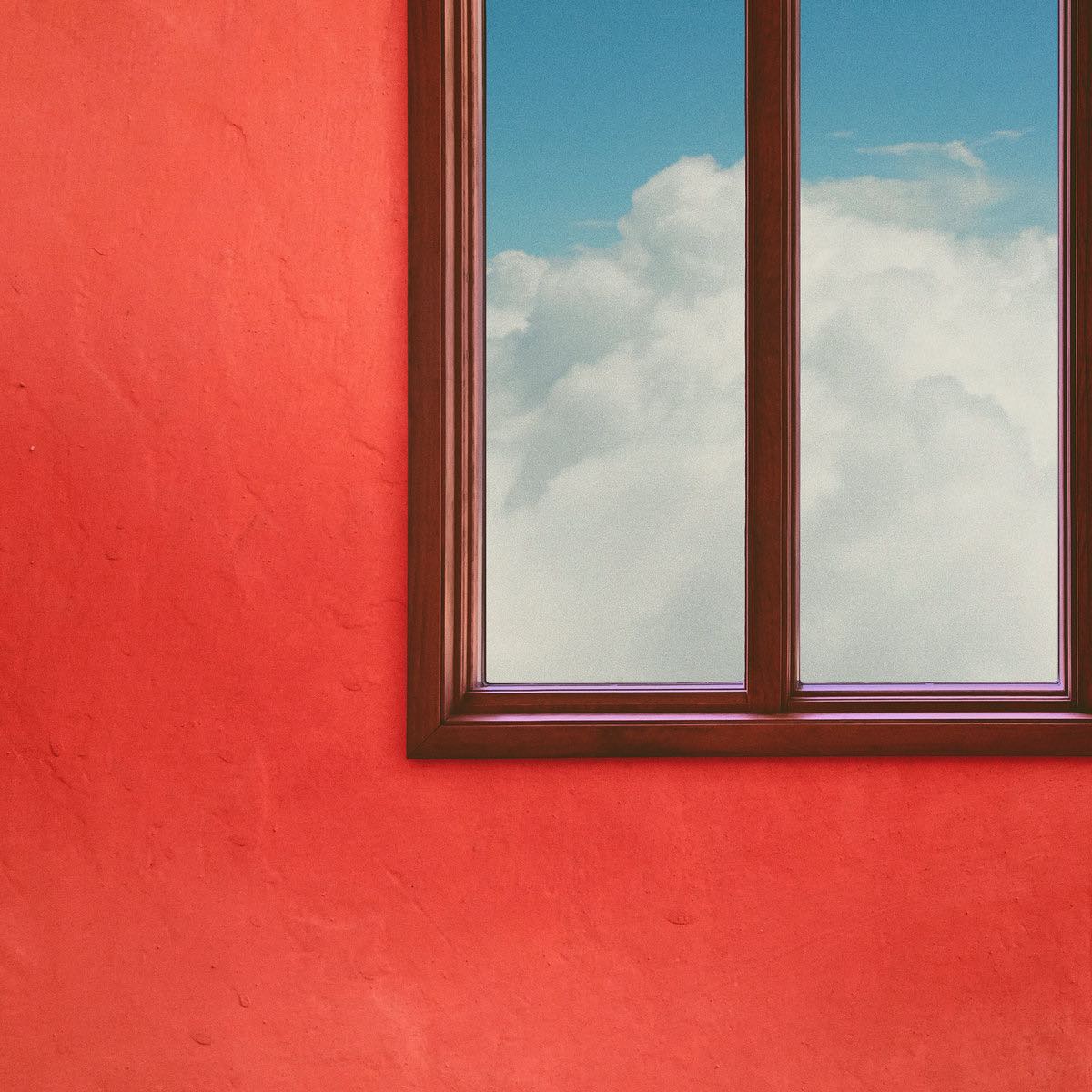Khruangbin
A La Sala
DEAD OCEANS
Houston’s wildly windy experimental instrumental trio Khruangbin have played things soft and loose since the pandemic, what with welcoming vocals to their psychedelic-surf mix on their last full-length album, Mordechai, and embracing collaborators outside of their circle such as fellow Lone Star Stater Leon Bridges (with whom they released the Texas Sun and Texas Moon EPs) and magical Malian guitarist Vieux Farka Touré (their collaborator on 2022’s Ali). With such expansion, you might guess that Laura Lee, Mark Speer, and Donald Johnson’s global garage sound would grow wider with their new friends and influences.
Weird, then, is the resulting restraint heard on their new album A La Sala, a delectably nuanced and subdued record that—according to bassist Lee—basks in the ghostly tone of “getting back to square one between the three of us, to where we came from, in sonics and in feeling.” Deceptively simple are the piano and spacious guitar noodlings of “Les Petits Gris” and the supple hymnal hum of “Caja de la Sala.” On “A Love International,” guitarist Speer—also responsible for the album’s open-air production touched with dub echo effects and field recording blips—finds passion in repeating a single figure and wrenching its emotion for all its worth. It’s as if he’s questioning, “How black is black, in how many shades?” and coming up with 10 different answers.
Not a lick is overdone or wasteful, not a beat or rest is beyond its core or against its hooks—even as drama is heightened exponentially on lengthier moments, such as opener “Fifteen Fifty-Three,” or on two-minute cuts such as “Farolim de Felgueiras” and the aforementioned holy “Caja de la Sala.” With so much invention and so few flips, A La Sala becomes a study of maximal minimalism and the power of old friends vibing forever as one musical unit.









